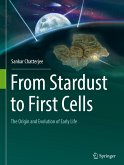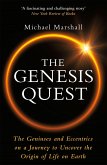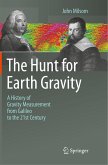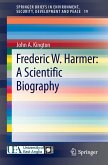This book presents a groundbreaking hypothesis to answer one of the greatest scientific mysteries: How did life begin? Like a detective piecing together seemingly disparate bits of evidence, Dr. Sankar Chatterjee combines the most recent discoveries in cosmology, geology, chemistry, information systems, and biology, weaving a vast tapestry from the threads of current research. Dr. Chatterjee convincingly argues that the odyssey of life first began when the fundamental building blocks were brought to Earth by meteorites. These cosmic compounds concentrated and simmered like a soup in hydrothermal crater-caldrons. Through a system of subterranean vent networks, a biosynthetic-rich variety of organic compounds mixed and matched into a recipe of rich biomolecules guided by prebiotic information systems. Through symbiosis, these complex biopolymers gradually assemble into membrane-bound protocells. At each stage of this evolutionary progression, through natural selection, they refined with increasing stability and complexity, ultimately leading to the emergence of the first cells about four billion years ago. In this book, Dr. Chatterjee tells this story in rigorous detail in language that is both accessible and engaging.








